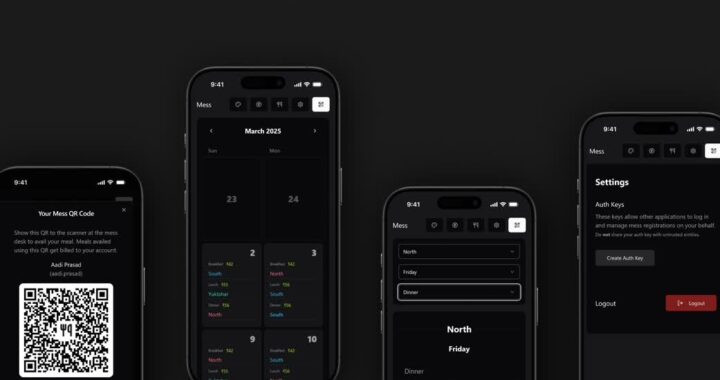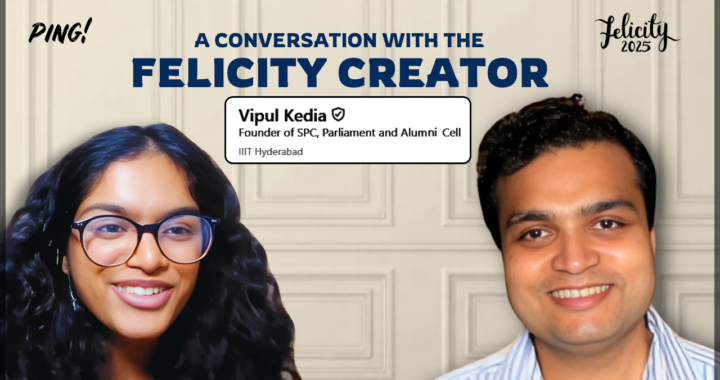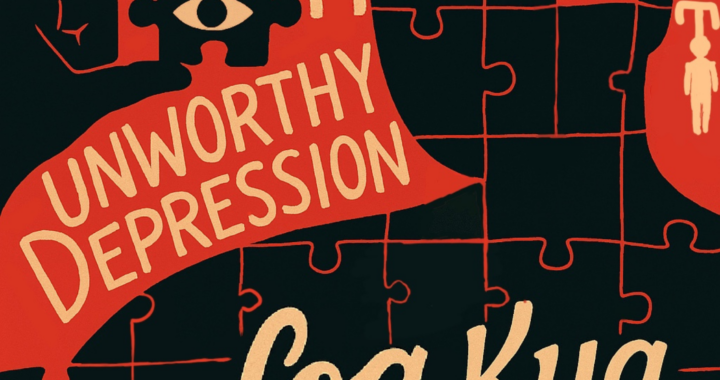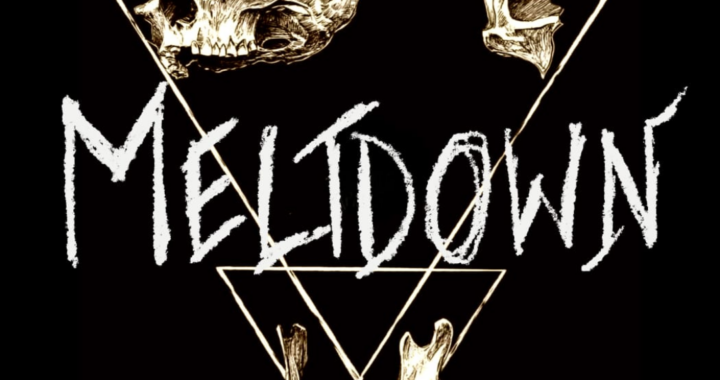Revoking of Grammarly Premium

Why worry about fixing you’re errors if the software can, wright?
Grammarly has an edge over other software in that it integrates with most text-interactive websites and works in real-time. It can be pretty helpful in pointing writers towards more significant areas of mistakes, as it compels them to reread their piece (unless, of course, you give no shits, and accept suggested changes blindly).
It makes correcting blatant mistakes a breeze and provides a decent contingency review when there isn’t much time. Its provision of synonyms for words, fixes for fundamental structural issues in the sentence, and correction of punctuations (for all the Oxford comma purists) can be of great use. Grammarly Premium has additional features that check for the clarity, engagement, and delivery of the piece being written. There are also genre-specific checks and straightforward explanations that tell you where you have gone wrong.
Despite the convenience, though, it does have its drawbacks. Large chunks of text slow down the software, and the red squiggly lines indicating your errors are placed incorrectly because of that. It does not recognise and pick up on local spelling, and like all software, it is not 100 percent accurate. The substitutions provided for cliches is… well, either cliche or downright unnatural. (Alprazolam) The plagiarism checker isn’t rigorous enough, and can easily be bypassed. You’d ultimately need some other tool for the purpose.
That being said, it would be improper not to mention Grammarly as an absolutely essential tool for undergraduate studies. It is your best friend before a 1500 word essay and is very useful for students, especially those not very proficient in English. You can at least be sure you aren’t making ugly mistaces q as it provides a quick and somewhat accurate way of ensuring that their written work has some sort of grammatical structure. Therefore, like most institutions, IIIT-H had subscribed to the enterprise version of Grammarly, and all students had a Grammarly Premium account if they logged in using their IIIT-H emails.
Okay, but why are we discussing Grammarly now? Well, in the first week of June, the average single degree student was met with an unexpected cancellation of their Grammarly Premium subscription without any formal explanation. The parliament informed the students that the subscription was originally only meant for research students. According to the reply from the administration, the guidelines of the RnD office of IIIT-H state that the Grammarly Subscription of 1000 users was only for research students and a communication email regarding registration was sent to those users only. This was confusing, as almost every student pursuing a university degree will have written papers that could use a writing review service. Conspiracy theory: Is this a subtle ploy from the college to paint a rosy picture of all the research-student-perks? :thinking_face:
Earlier, the domain registration of Grammarly was open, and therefore, all the domain users of iiit.ac.in were able to subscribe to the Premium services. This led to the exhaustion of all the user licenses. Students with the students domain name were also registering for the services even though there was no formal registration mail sent to students with the students domain name from the IT office. Therefore, to adhere to the guidelines from the RnD, the current registrations are restricted to only people with @iiit.ac.in or @research.iiit.ac.in. According to the 2020 Parliament Report, the institute had activated the Grammarly Premium subscription after a survey conducted by the Parliament. The report contains no statement which claims that the subscription was only for the research students. It is unclear at this moment as to why the miscommunication happened, which led to students thinking that all of them had the subscription.
The resulting uproar caused the parliament to conduct a poll in the second week of October to gauge how many students felt they required the subscription. The result, as one would expect, was rather positive (~98%). The form also asked how the students would use the subscription. A detailed analysis of the results was not possible because of the surprisingly confidential nature of the results. Further developments on the matter, including the administration’s response, are awaited.
Editor: Tejasvi Chebrolu

 Have you tried turning the mess off and on again?
Have you tried turning the mess off and on again?  Vipul Kedia on building Felicity | The story of how it all began…
Vipul Kedia on building Felicity | The story of how it all began…  Qu’ils mangent de la grenouille! (Let Them Eat Frogs!)
Qu’ils mangent de la grenouille! (Let Them Eat Frogs!)  Tale of Two Cheenties
Tale of Two Cheenties  Peace of mind.
Peace of mind.  Mama, Put My GPTs in the Ground
Mama, Put My GPTs in the Ground  Log Kya Kahenge?
Log Kya Kahenge?  Can you hear the music?
Can you hear the music?